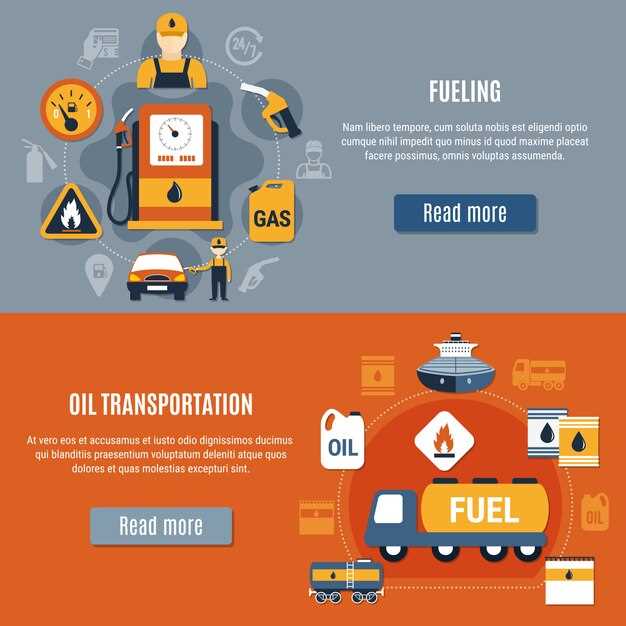

In recent years, the importance of adhering to diesel emission regulations has become increasingly critical for businesses involved in transportation and logistics. These regulations aim to minimize the environmental impact of diesel engines, which are significant contributors to air pollution. Understanding the complexities of these regulations is essential for operators, manufacturers, and environmental managers seeking to maintain compliance while promoting sustainable practices.
Diesel emissions encompass a variety of harmful pollutants, including nitrogen oxides (NOx) and particulate matter (PM). Regulatory agencies worldwide have enacted stringent measures to reduce these emissions, setting specific limits that engines must meet to operate legally. Keeping abreast of these standards is not just a legal requirement; it is also an opportunity for organizations to enhance their reputation and contribute positively to environmental health.
Compliance with diesel emissions regulations involves a multifaceted approach, including adopting advanced technologies, conducting regular maintenance, and implementing robust monitoring systems. Moreover, staying informed about changes in legislation and advancements in emission control technologies is crucial for ongoing compliance and operational efficiency. This article aims to provide a comprehensive overview of diesel emission regulations, their implications for businesses, and the best practices for maintaining compliance.
Key Legal Standards for Diesel Emission Limits

Diesel emission regulations are critical for maintaining air quality and public health. Various legal standards are established to control the amount of harmful emissions released by diesel engines. In the United States, the Environmental Protection Agency (EPA) enforces regulations that set specific limits on both nitrogen oxides (NOx) and particulate matter (PM) emissions from diesel vehicles. These standards are primarily outlined in the Clean Air Act, which mandates compliance with National Ambient Air Quality Standards (NAAQS).
In Europe, the Euro emissions standards play a similar role, introducing increasingly stringent limits for NOx, PM, and other pollutants. Each successive Euro standard, from Euro I to Euro VI, has progressively tightened emission limits for diesel engines. Manufacturers must ensure that their new vehicles meet these requirements to be legally sold and operated in the European market.
In addition to federal regulations, many states and regions have implemented their own legal frameworks to address diesel emissions. For instance, California has established the California Air Resources Board (CARB), which enforces stricter regulations than the federal standards. The state’s regulations include specific requirements for heavy-duty diesel trucks, contributing to local efforts to reduce air pollution.
Compliance with these legal standards is mandatory for diesel vehicle manufacturers, fleet operators, and individual vehicle owners. Non-compliance can result in substantial fines, legal action, and restrictions on vehicle operation. Furthermore, as regulations evolve, entities must remain vigilant and proactive, ensuring both existing and new vehicles meet the latest emission standards to avoid legal repercussions and support environmental sustainability.
Compliance Strategies for Diesel Operators

To meet the stringent diesel emission regulations established by lawmakers, diesel operators must adopt effective compliance strategies. Firstly, understanding the specific regulations applicable to their operations is crucial. This includes familiarizing themselves with local, state, and federal laws that govern diesel emissions. Operators should regularly review these regulations, as they can change frequently.
Implementing advanced technologies is another key strategy. Operators can invest in diesel particulate filters (DPFs) and selective catalytic reduction (SCR) systems, which significantly reduce harmful emissions. Regular maintenance of these systems ensures optimal performance and adherence to legal standards. Additionally, upgrading to low-emission diesel fuels can assist in meeting compliance mandates more efficiently.
Training personnel on emission standards and the importance of compliance is essential. Providing education on proper vehicle operation, regular maintenance routines, and the implications of non-compliance will foster a culture of environmental responsibility within the organization.
Establishing a robust monitoring and reporting system is also vital. Diesel operators should keep accurate records of emissions and maintenance activities. This not only facilitates compliance but also helps in preparing for inspections and audits mandated by authorities.
Finally, collaborating with regulatory bodies and industry organizations can provide valuable insights into best practices and upcoming regulatory changes. By proactively engaging with these entities, operators can stay ahead of the curve and ensure they are not only compliant with current laws but also prepared for future developments in diesel emissions regulations.
Impact of Non-Compliance on Businesses and Environment
Non-compliance with diesel emission regulations can have significant repercussions for businesses and the environment. The law mandates strict adherence to emission standards to reduce pollutants released into the atmosphere. When companies fail to comply, they face severe penalties, including fines and legal actions that can lead to substantial financial losses.
Furthermore, non-compliance can damage a company’s reputation. Customers increasingly prioritize sustainability, and businesses that neglect emissions standards may lose clientele and market share. This loss is compounded by the potential for increased operational costs as companies may need to implement last-minute corrective measures to meet regulatory requirements.
From an environmental perspective, non-compliance contributes to air quality deterioration, adversely affecting public health and ecosystems. Increased emissions lead to more greenhouse gases, exacerbating climate change and its related impacts. The long-term consequences for communities include respiratory illnesses and ecological damage that compromise natural resources.
In summary, non-compliance with diesel emission regulations serves as a double-edged sword, threatening both business viability and environmental sustainability. Effective adherence not only fosters regulatory safety but also enhances a company’s standing in an increasingly eco-conscious market.







